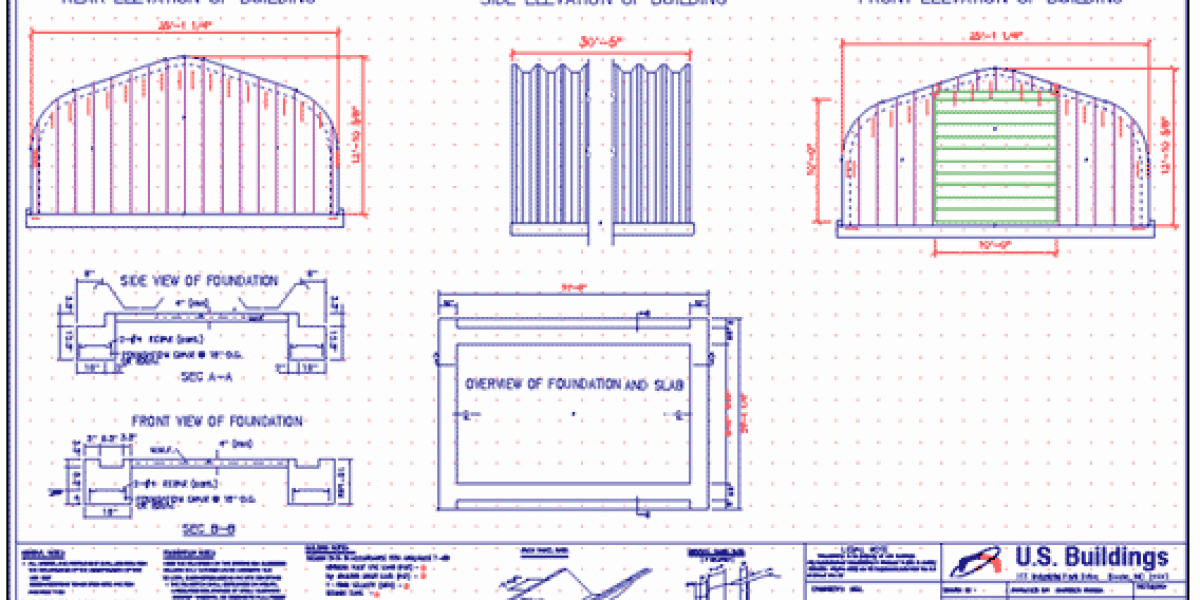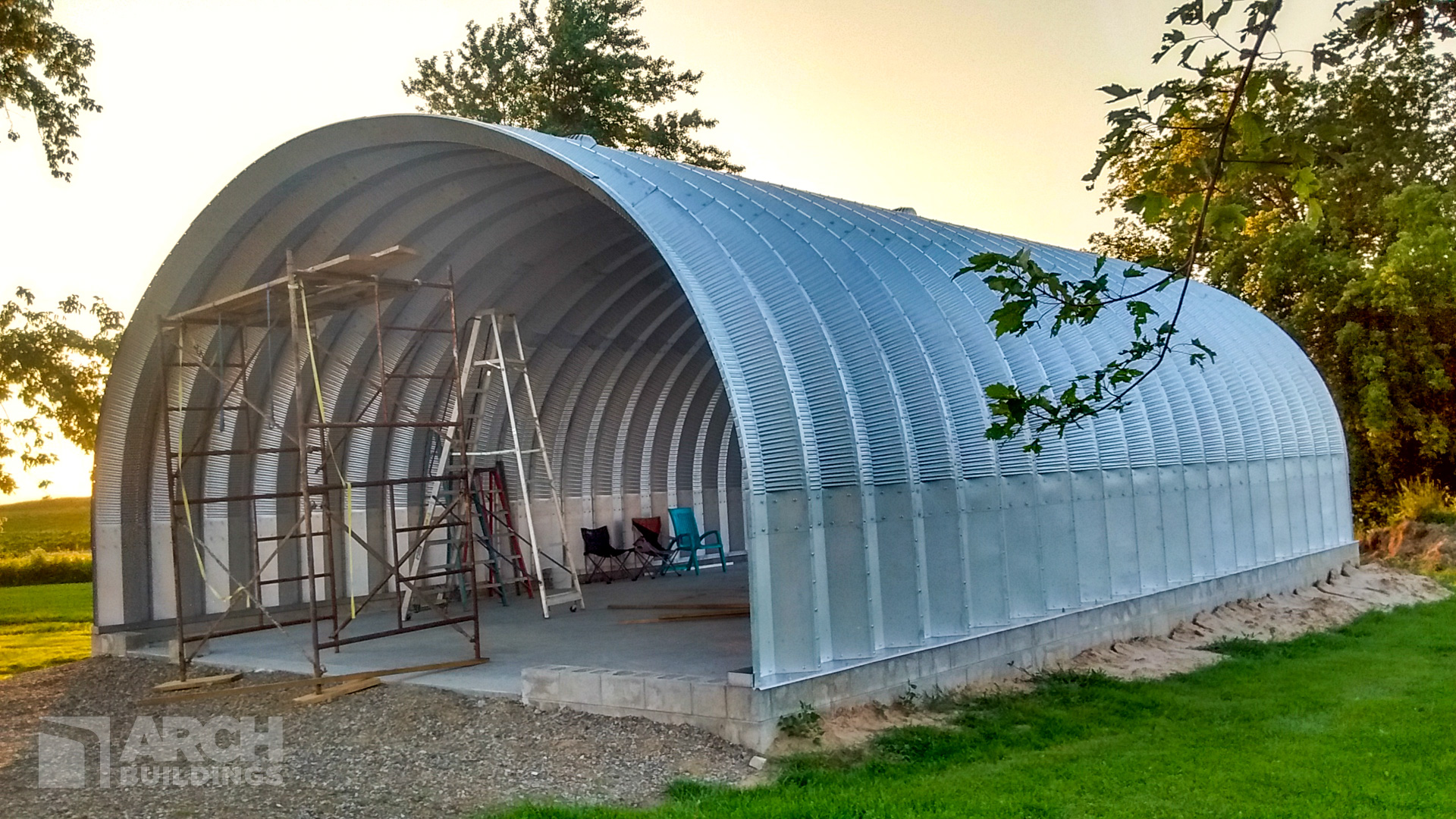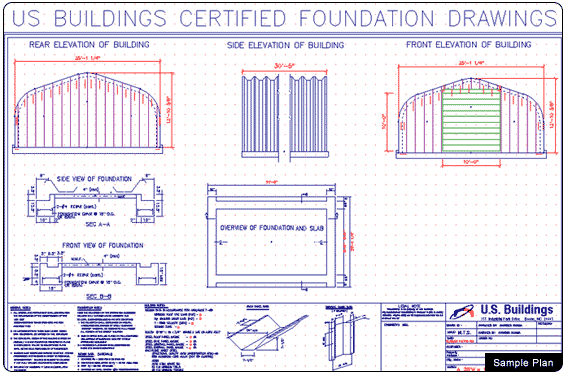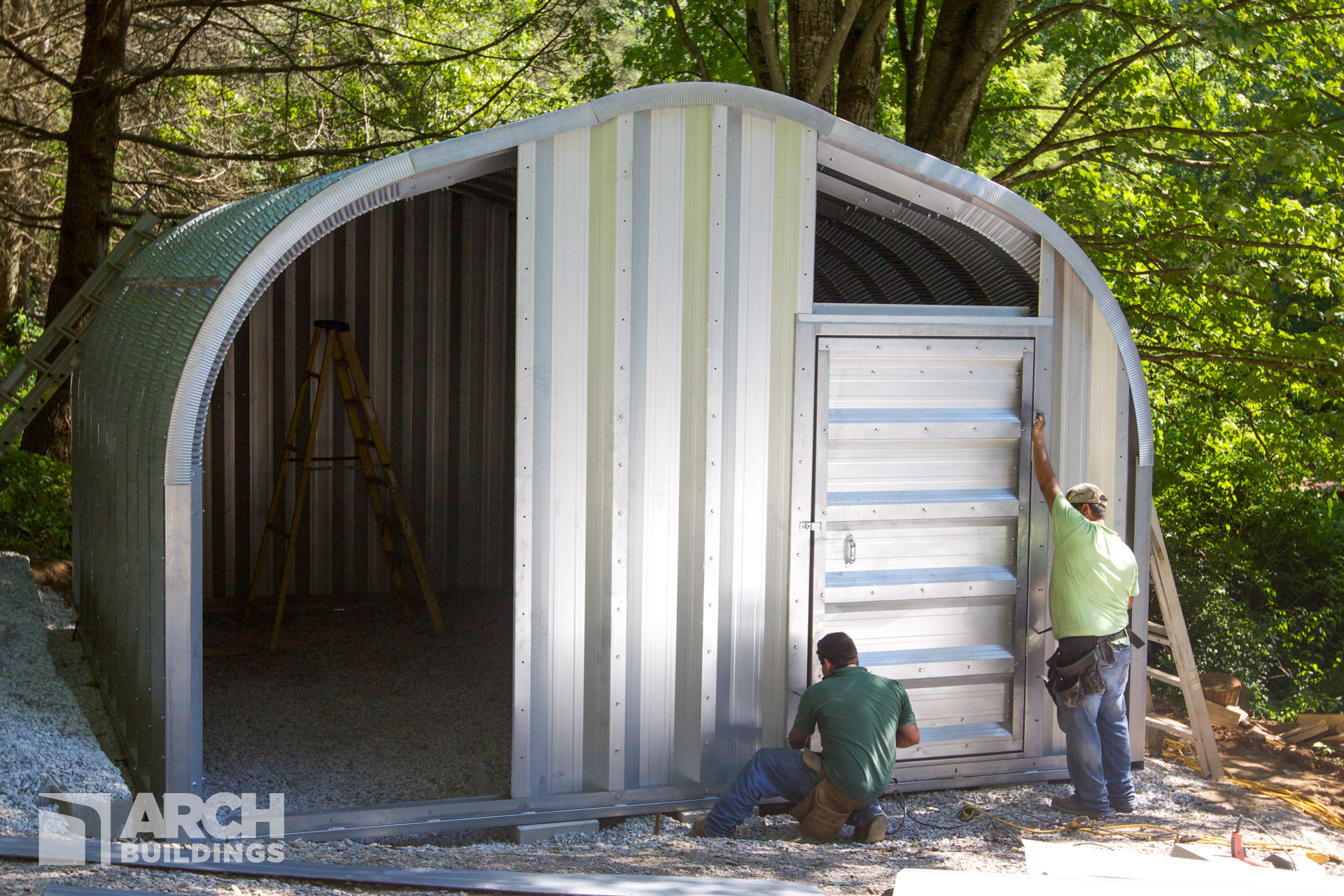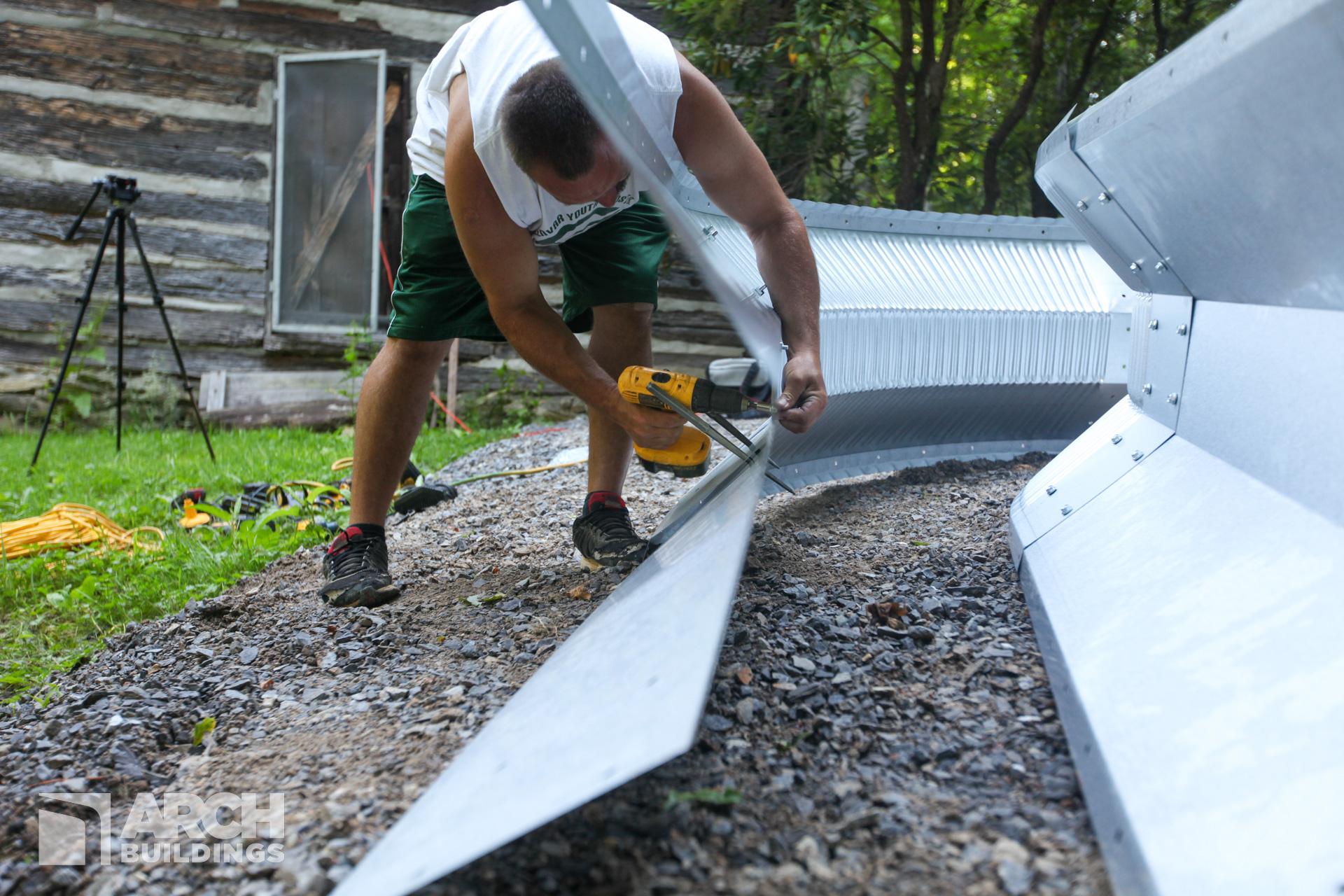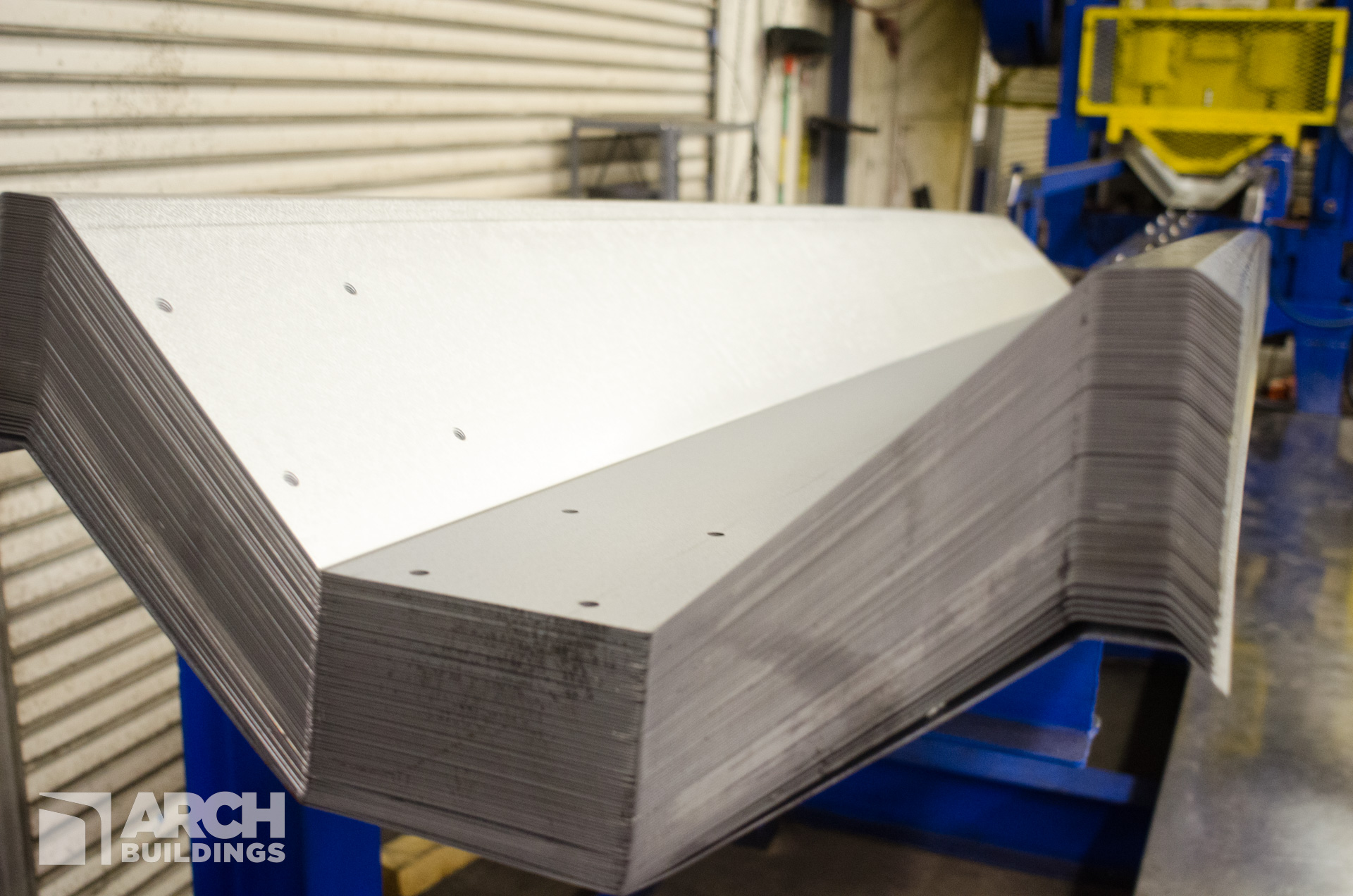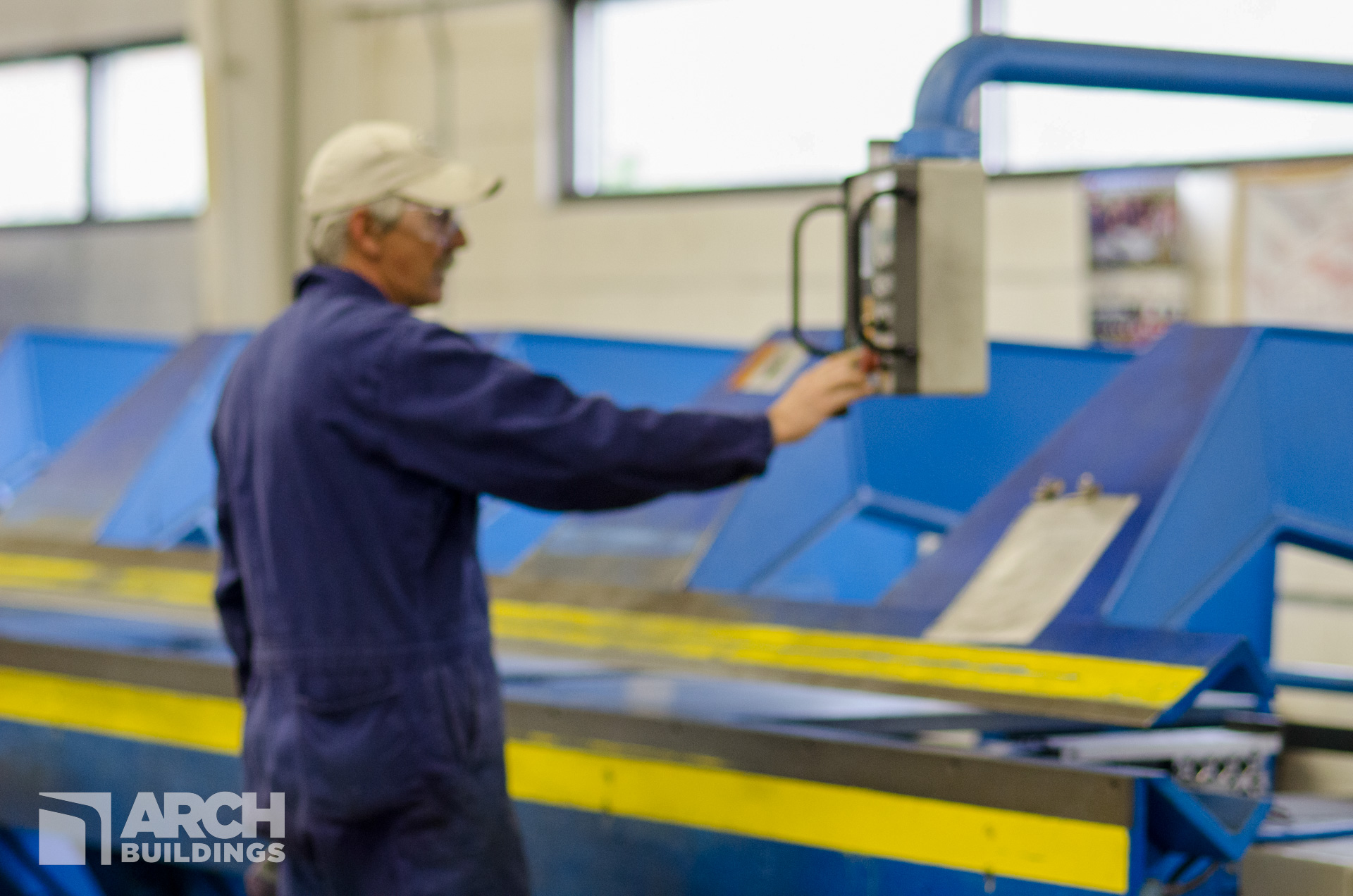One of the most popular questions we encounter from customers is, “Do I need a building permit for my metal building?” Truthfully, a definitive answer to this question depends entirely on location. Many planning and inspections offices require a metal building permit for buildings for a variety of reasons. More than anything, a metal building permit ensures safety and accountability from prospective builders. By leveraging decades of experience, government planning officials can quickly assess if your next project will comply with local building codes. Many rural communities, however, do not require building permits for livestock and agricultural applications. When it doubt, contact your county’s local building inspector for possible variances. Most inspections’ offices require blueprints and contractor information before issuing permits for site specific projects.
What Happens if I Don’t Receive a Metal Building Permit?
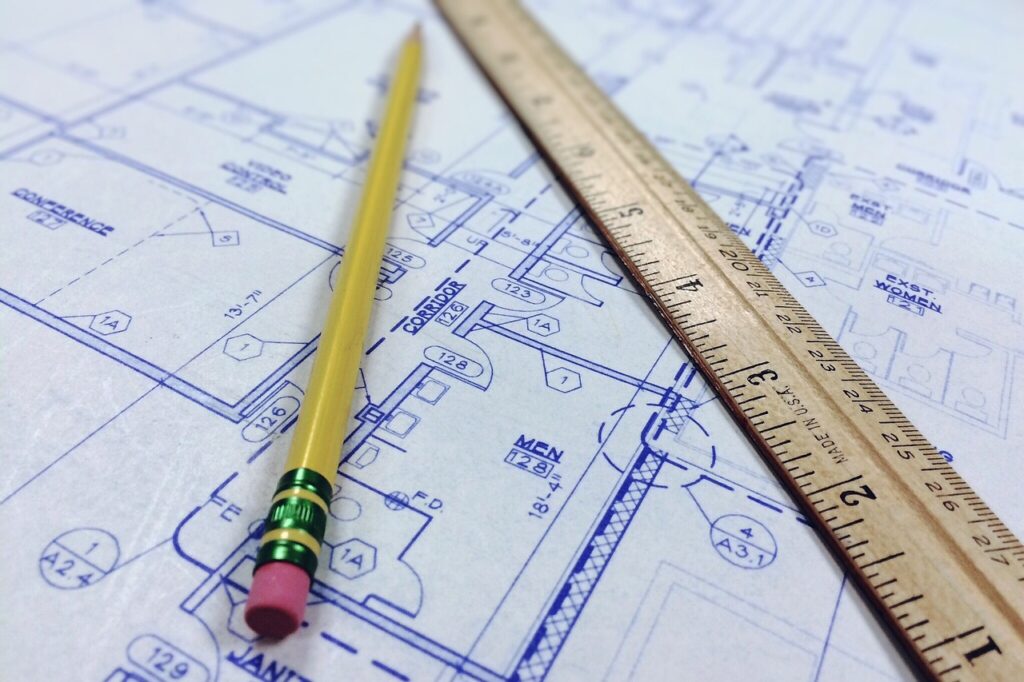
Not everyone chooses to play by the rules when breaking ground on new projects. Some homeowners will invariably test fate by going ahead with construction without getting the green light for a metal building permit. By foregoing official bureaucratic channels, renegade builders put their entire project, as well as the safety of the surrounding community at risk. But there’s a reason such rules and regulations exist. For starters, there’s the issue of geography. No two towns will have the same weather or seismic conditions as the next, so building materials must be able to endure the unique climate of your neighborhood. What might weather the storm in one state will wither, deteriorate and collapse in harsher climates. Building inspectors can provide guidance on which gauge of metal or foundation work is suitable for your project. If you decide against a metal building permit, you might wake up one day to county officials standing at your front door with a sledgehammer, waiting to tear down your recently completed project for not playing by the rules. Ignoring common sense building practices also opens you up to potential liability issues and lawsuits should this negligence results to undue injury and harm.
How Your Zip Code Impacts Your Next Building Project
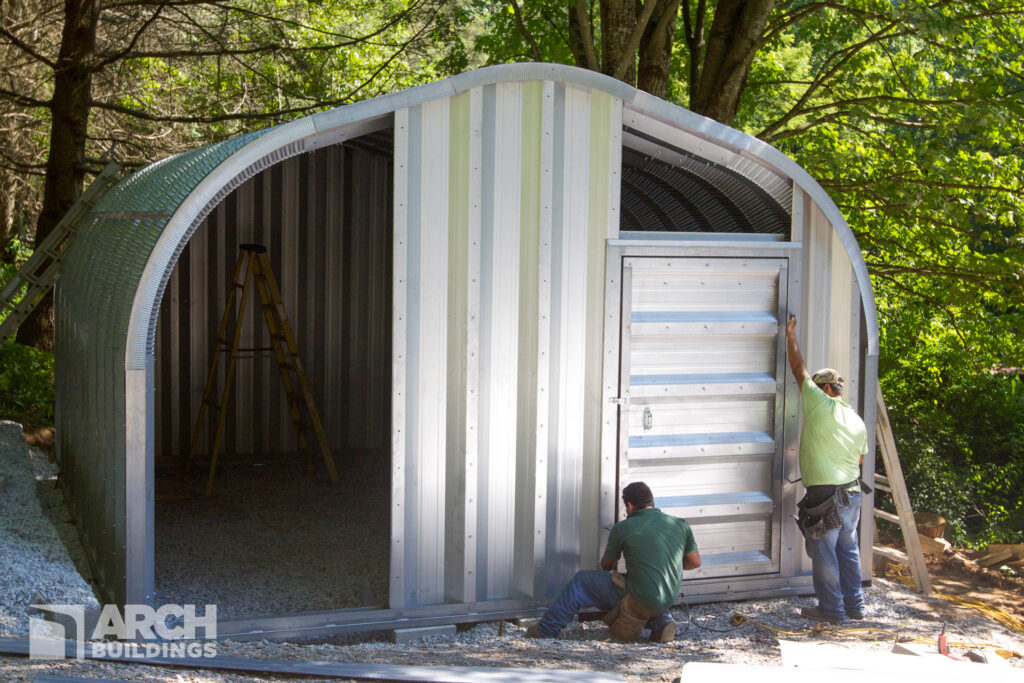
One of the first questions we ask during the free initial consultation is about your zip code. We use your zip code to determine which gauge of metal will withstand the weather conditions of your neighborhood. This is perhaps one of the more crucial components of your project we take into consideration. Without the correct zip code, your metal building could topple over like a house of cards, built on bad intelligence and lack of foresight. But not to worry, we offer various metal gauges to accommodate each geo-specific build. A standard 22 gauge custom-cut sheet metal will be the go-to for most building projects. For snowier or windier climates, we recommend the thicker 20, 18 or 16 gauge metal. Above all else, just make sure you give us the correct zip code. In their haste, some customers will unknowingly use their residential zip code for a project in the next town over, creating confusion for our engineers working to ensure you receive the strongest building possible. Other harried clients might mistakenly give the address for their summer home instead of the primary residence. You wouldn’t want a metal building designed for Columbia, SC to be constructed on your property in snowy Ohio would you?
How We Can Help You Secure a Building Permit
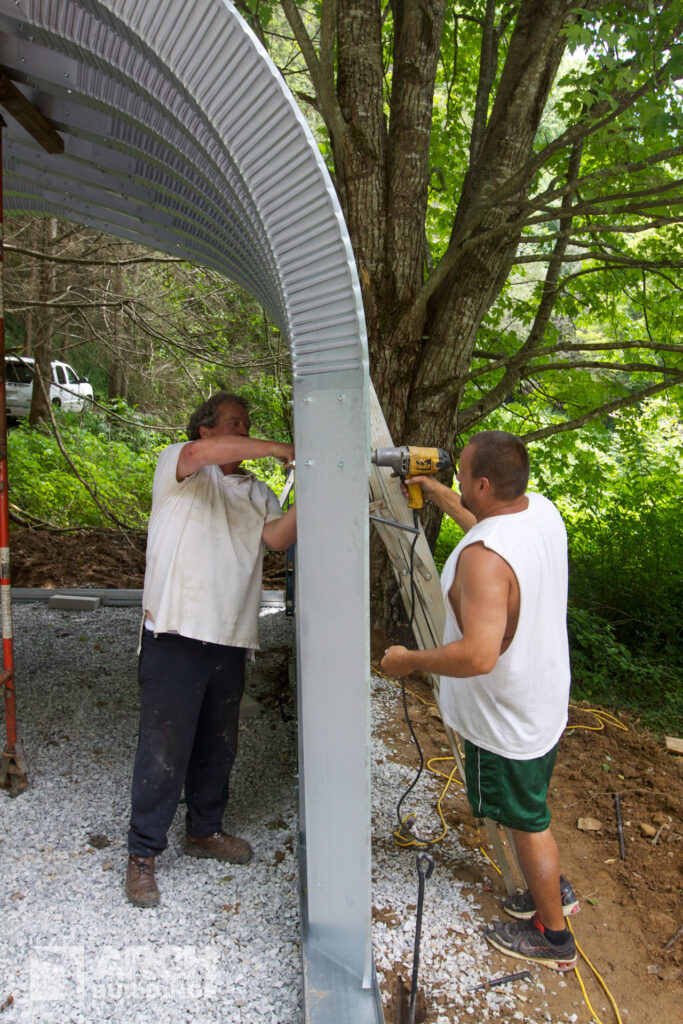
We’ve been in the metal building business for more than four decades. We already know what information is necessary for your metal building permit. We will send your metal building’s blueprints upon completion of order. This is one of the first documents your local building inspector will require. Once he receives the blueprints, the inspections office should give you the go ahead for you building permit for a metal building. Your planning and inspections office can also advise you of the current zoning regulations in place, so you have a better idea of what to expect in future projects. This will also help you better better plan drainage and mitigate site run-off, which could negatively impact local waterways. If you still have questions about the metal building permit process, feel free to contact us today for a free consultation.


